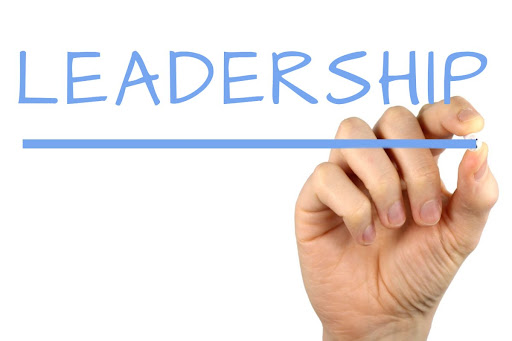With the pandemic still at the forefront of our lives, interviewing for library jobs are being held virtually. You need to be ready to bring your skills and personality through the screen and get that job!
Research the Job
To prepare for your interview reviewing the library’s website and the job duties is necessary. Topics to be familiar with are the communities the library serves and popular programs. You will have a better understanding of your role if hired too.
Organize your thoughts and bring forward in the interview what you know about the library and the organization. You need to think about what value you can bring with your experience and passion for the job. Have a final few questions in mind. You show the interviewers what you know about their workplace and the time you took to understand the culture and their needs.
Practice your answers
Practice makes permanent, a mentor and teacher once shared with me. Anticipate the interview questions, or at least some of them. Collaboration stories, rising from a problem or failure, handling public complaints will all be questions you should be prepared to answer. If you don’t have real-world library experience, provide examples from your volunteer work. Student activities or stories from your personal life, like volunteering, also provide solid examples.
Making your stories personal, concise (no more than 2 minutes per answer) and appropriate for the question, will give you an advantage. You need to make yourself memorable to the interview panel. The more you practice, the more natural and relaxed you will come across in your interview.
Be yourself
Finally, let your natural personality come through during your time with the interviewers. You are determining if the library and organization are a good fit for your needs, just like they are sizing you up. Ask at least two questions, not answered during the interview. Think about specifically the job, work culture or unfamiliar responsibilities you might need clarifying.
This shows your interest and initiative to understand what the library needs. Outreach, children’s story times, working with teens are topics you can expand upon once you are aware of the job tasks. Your true self will shine through. Good Luck and just know the library needs you as much as you need this job, so relax and be yourself!
Follow me for more career and living well tips at: KathyHusserTempe.com


